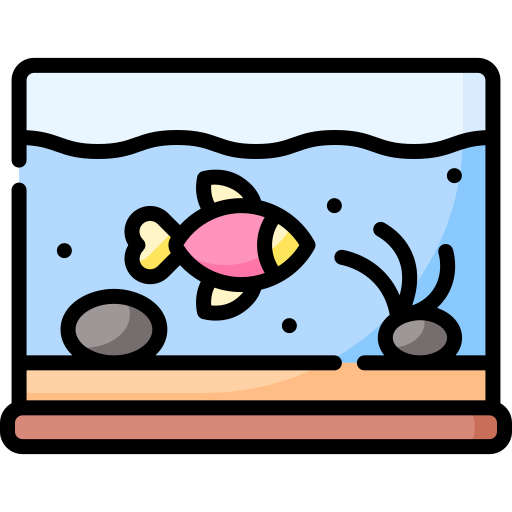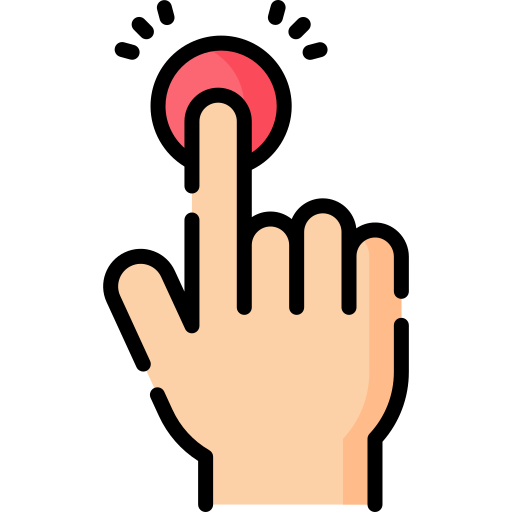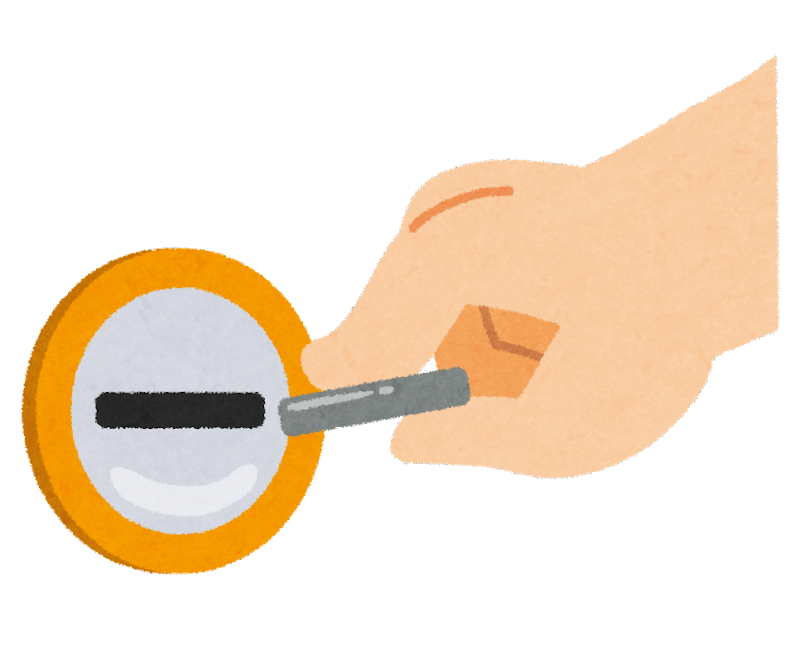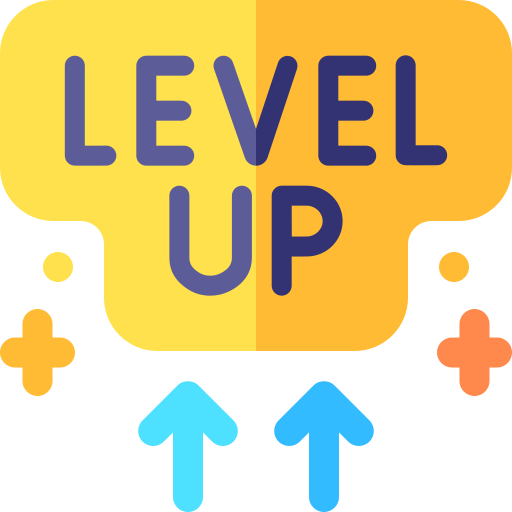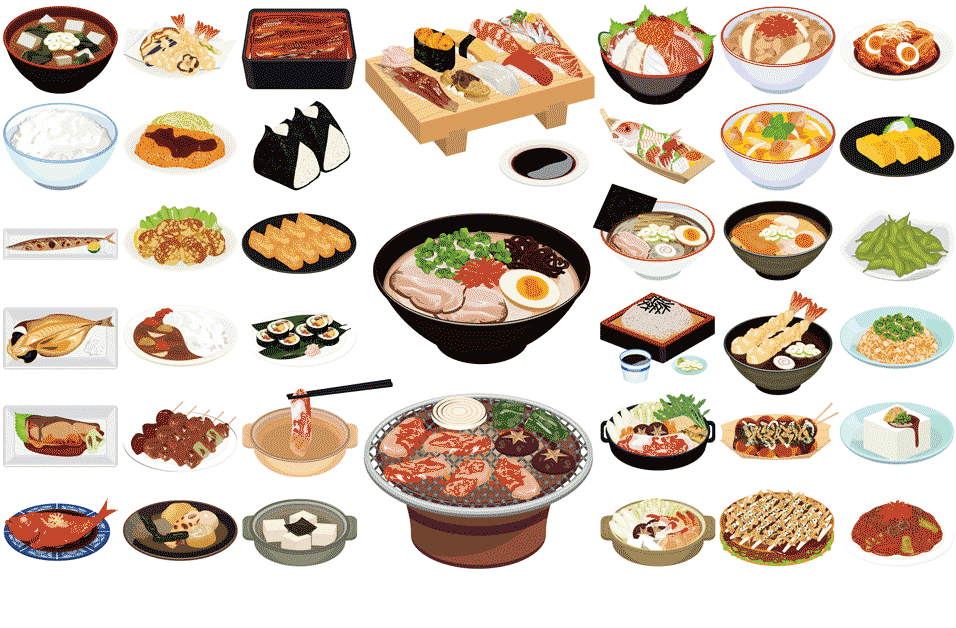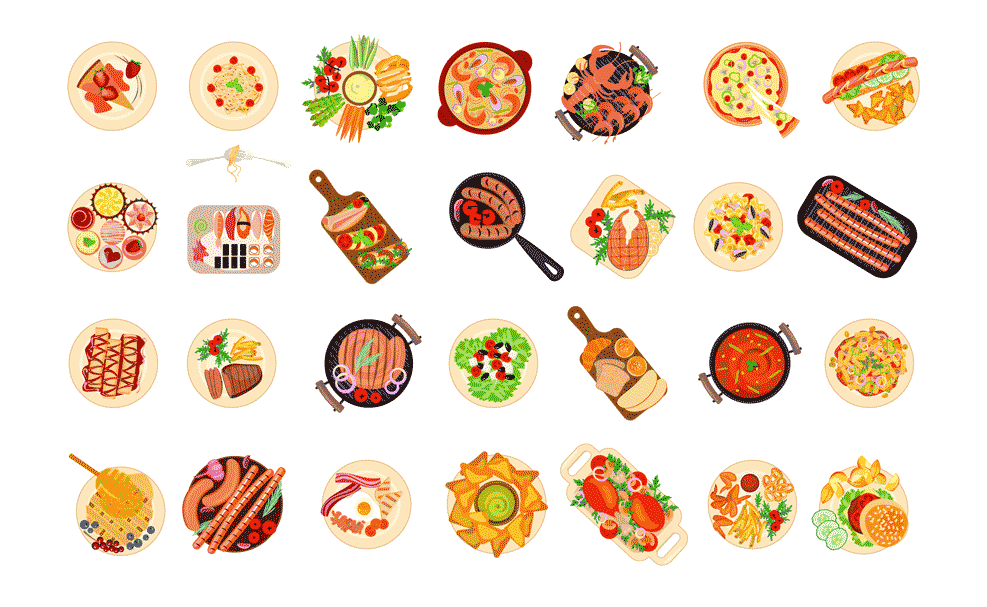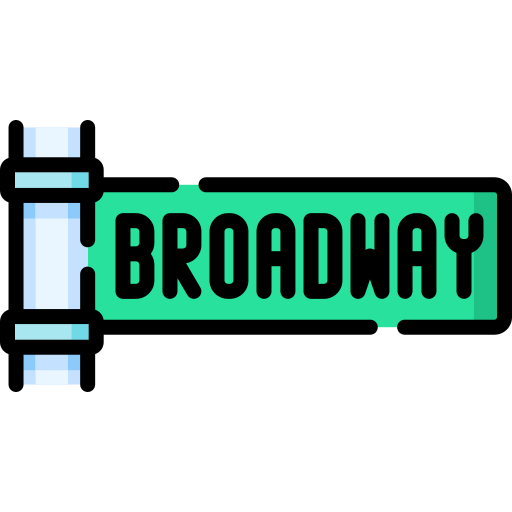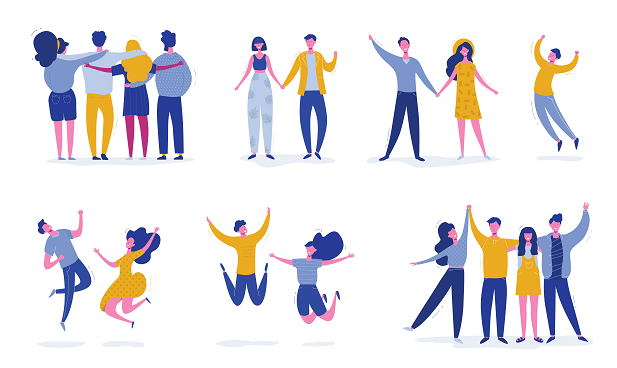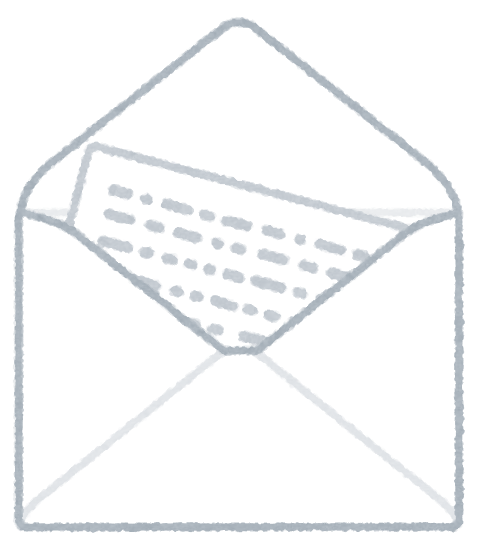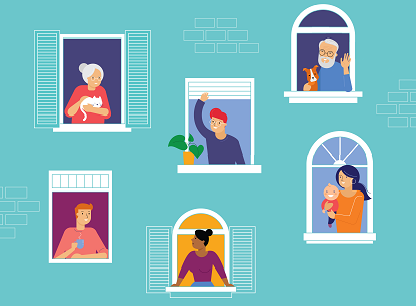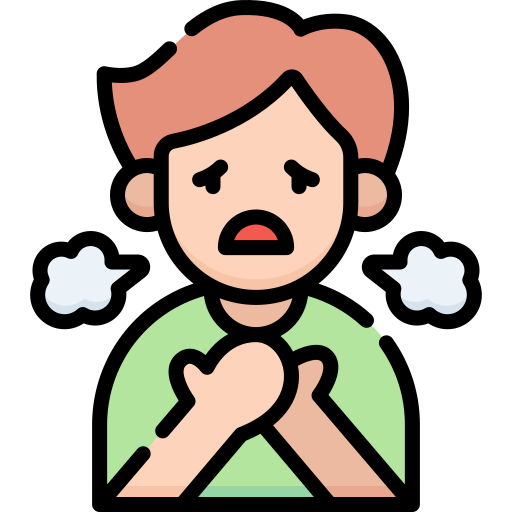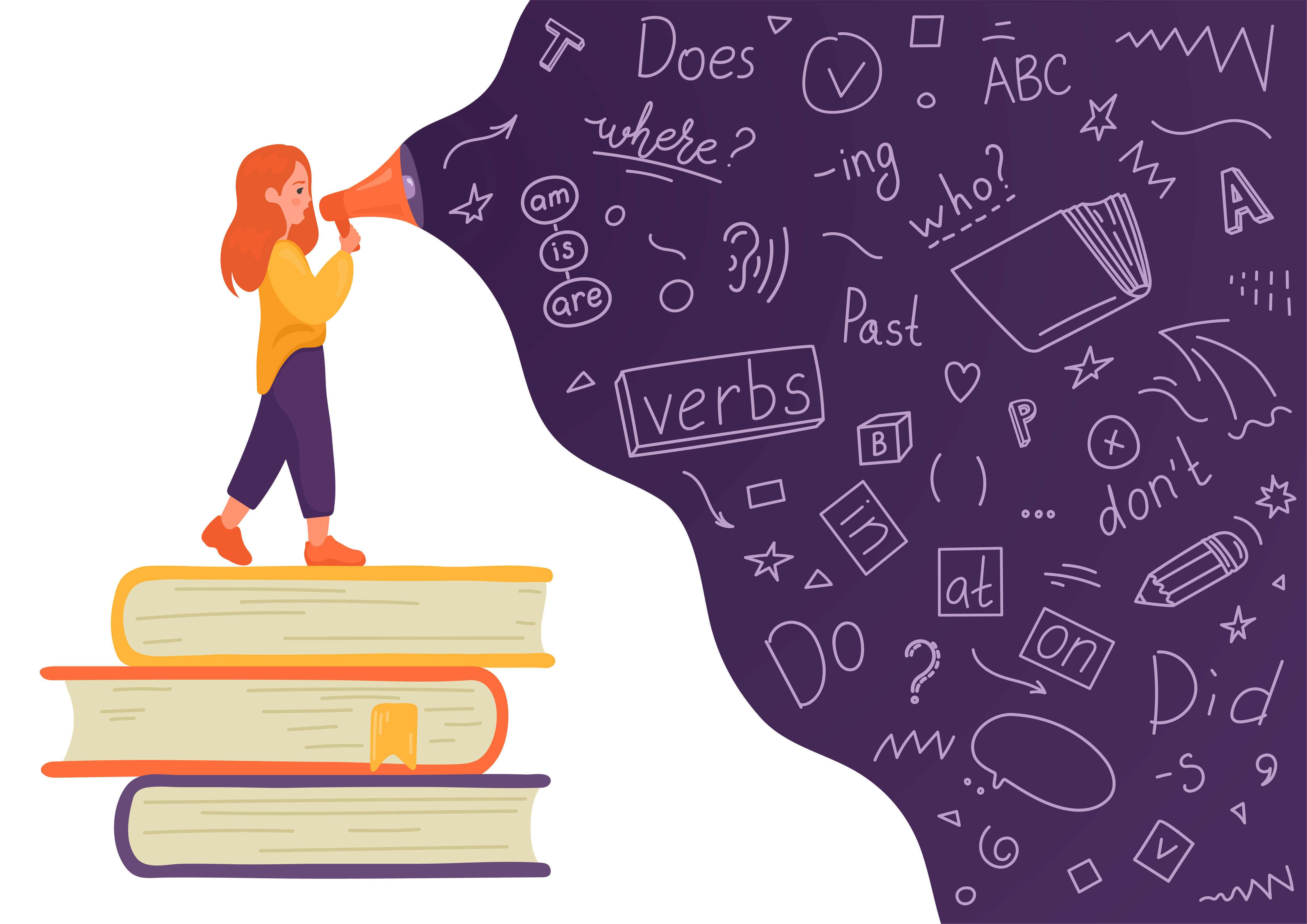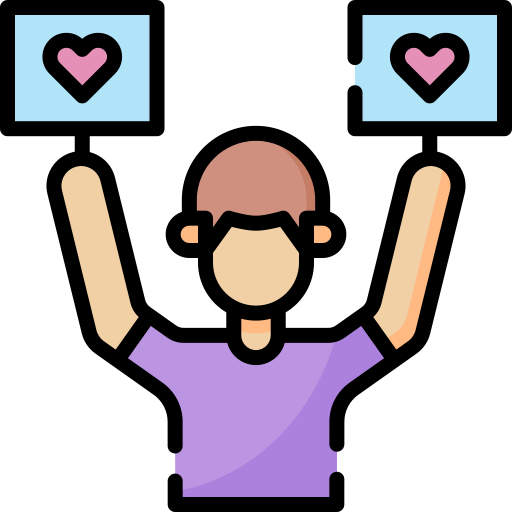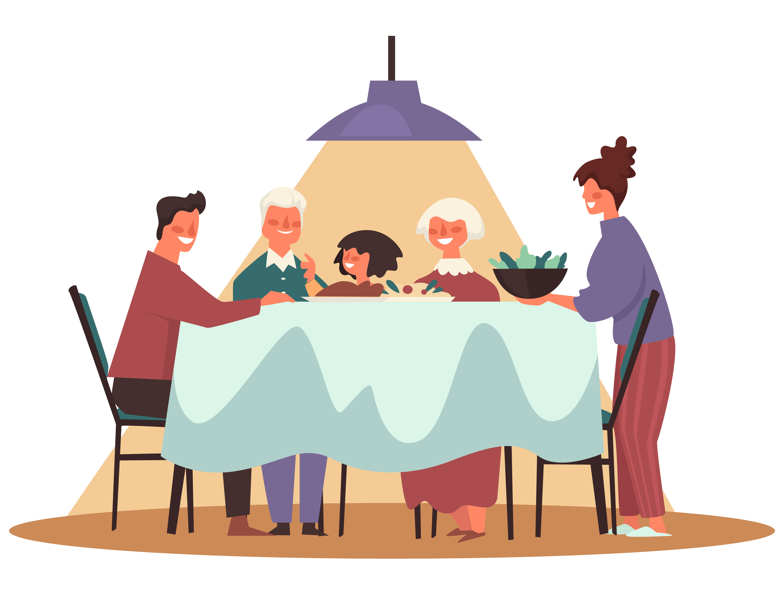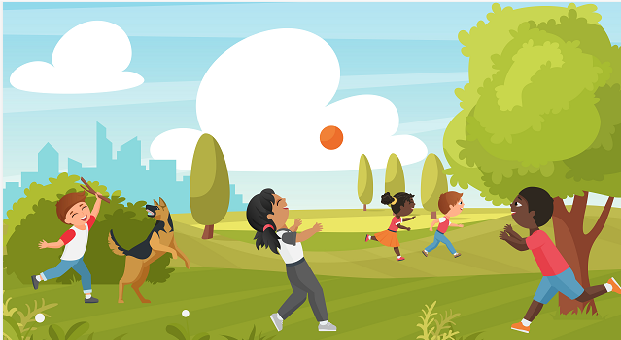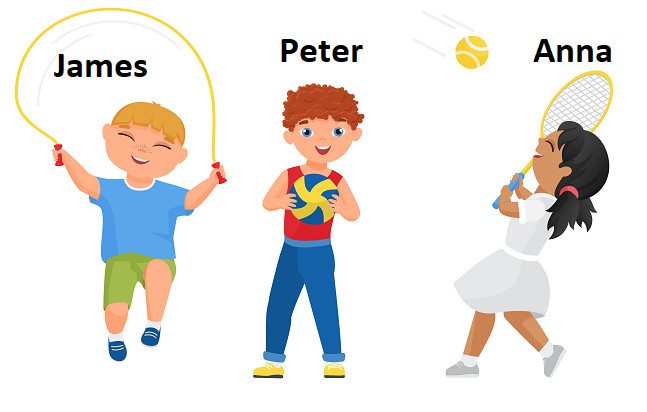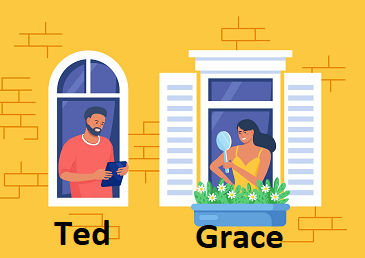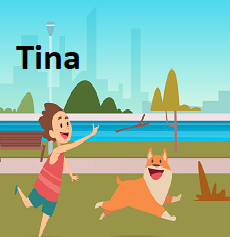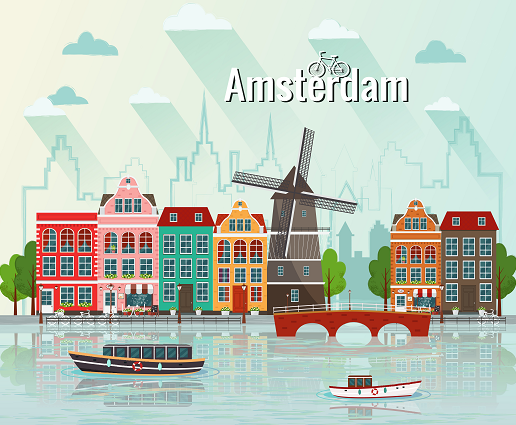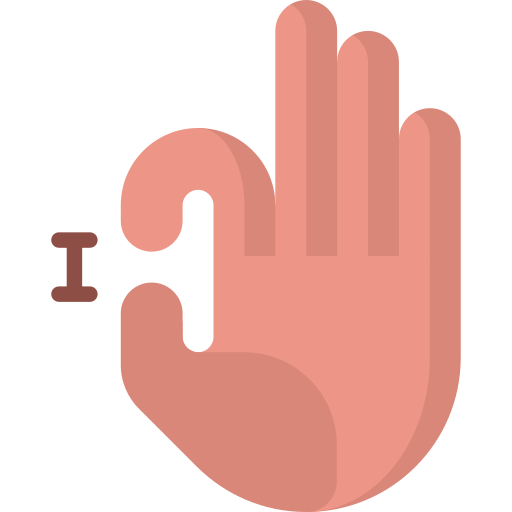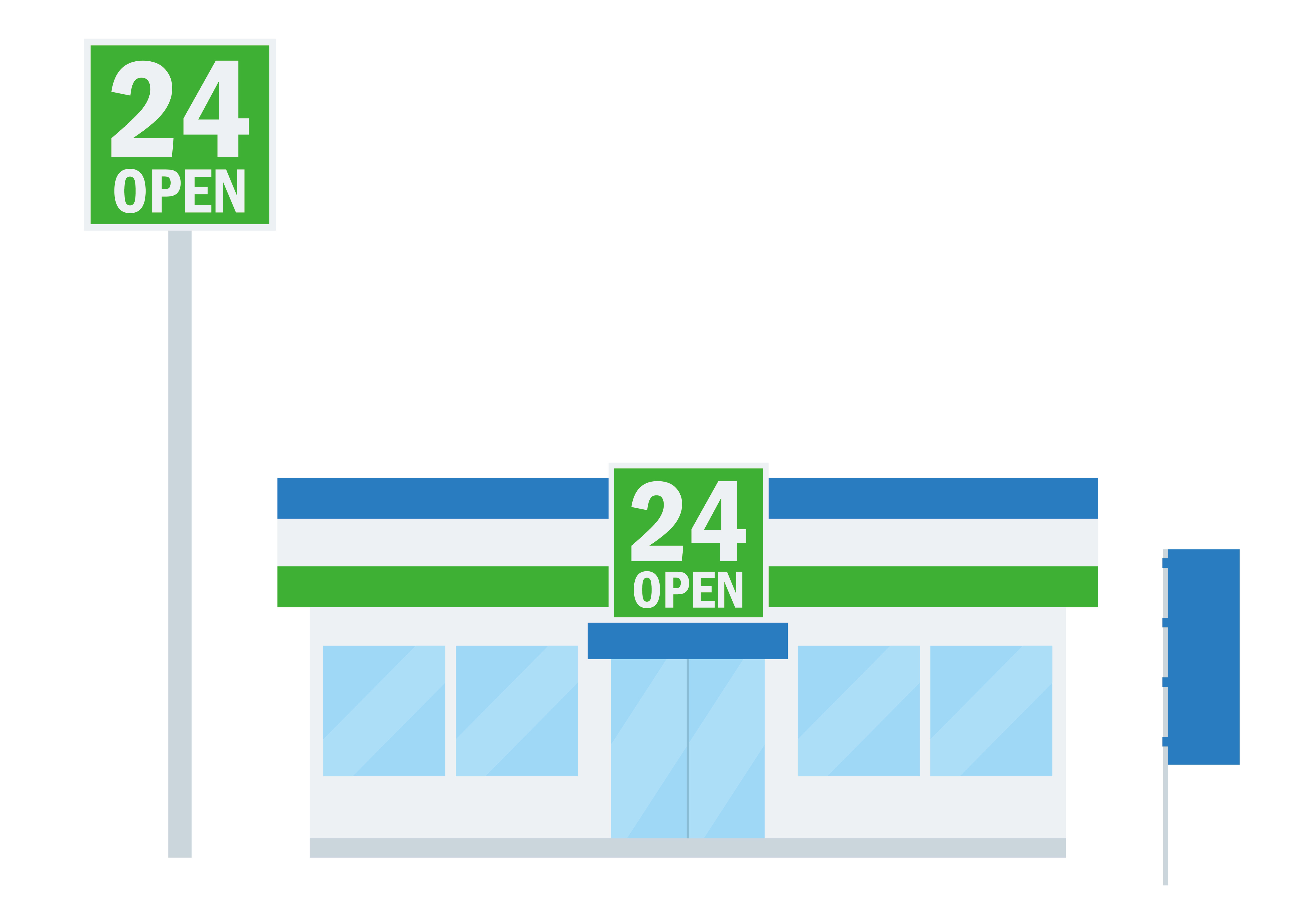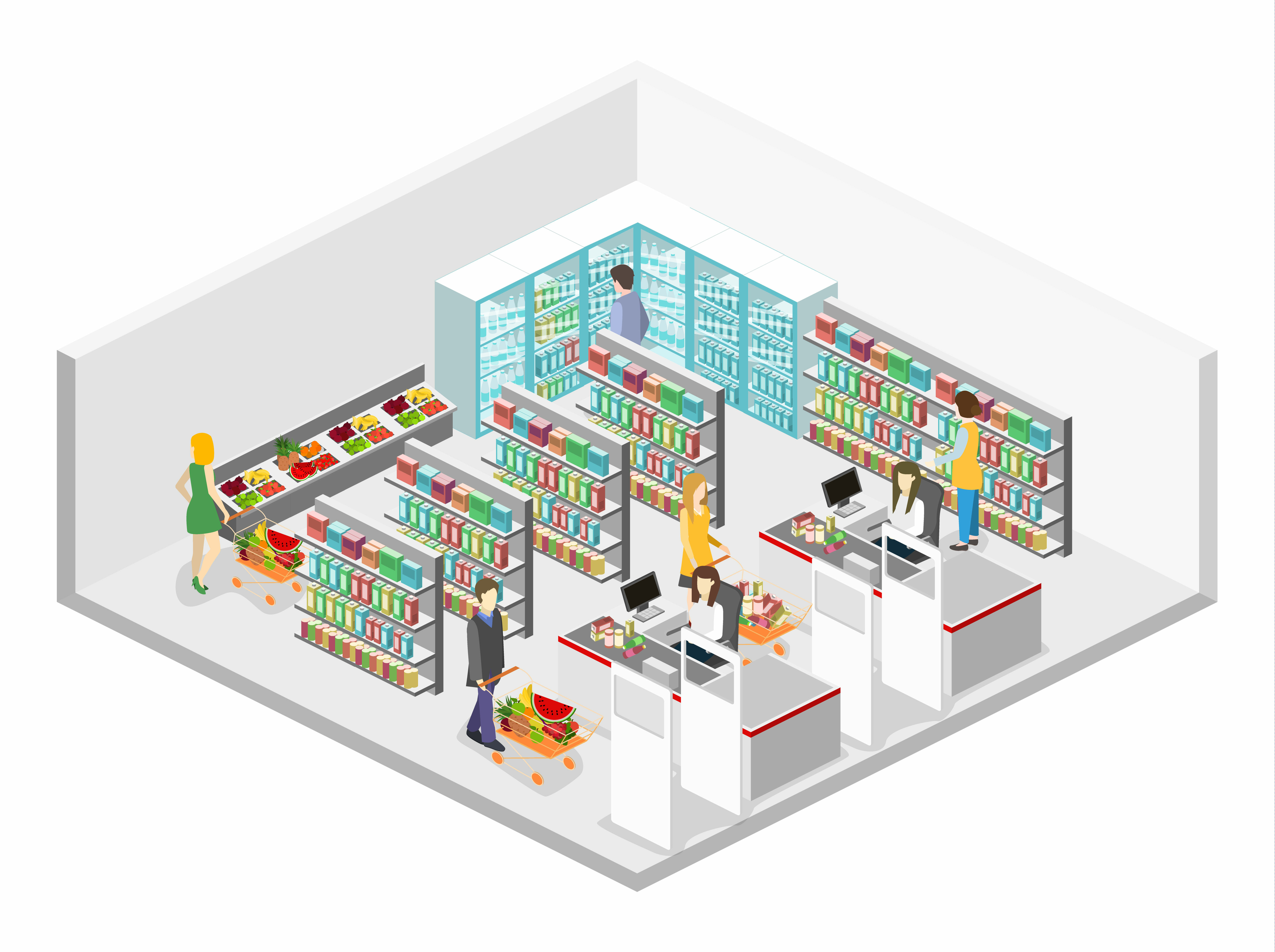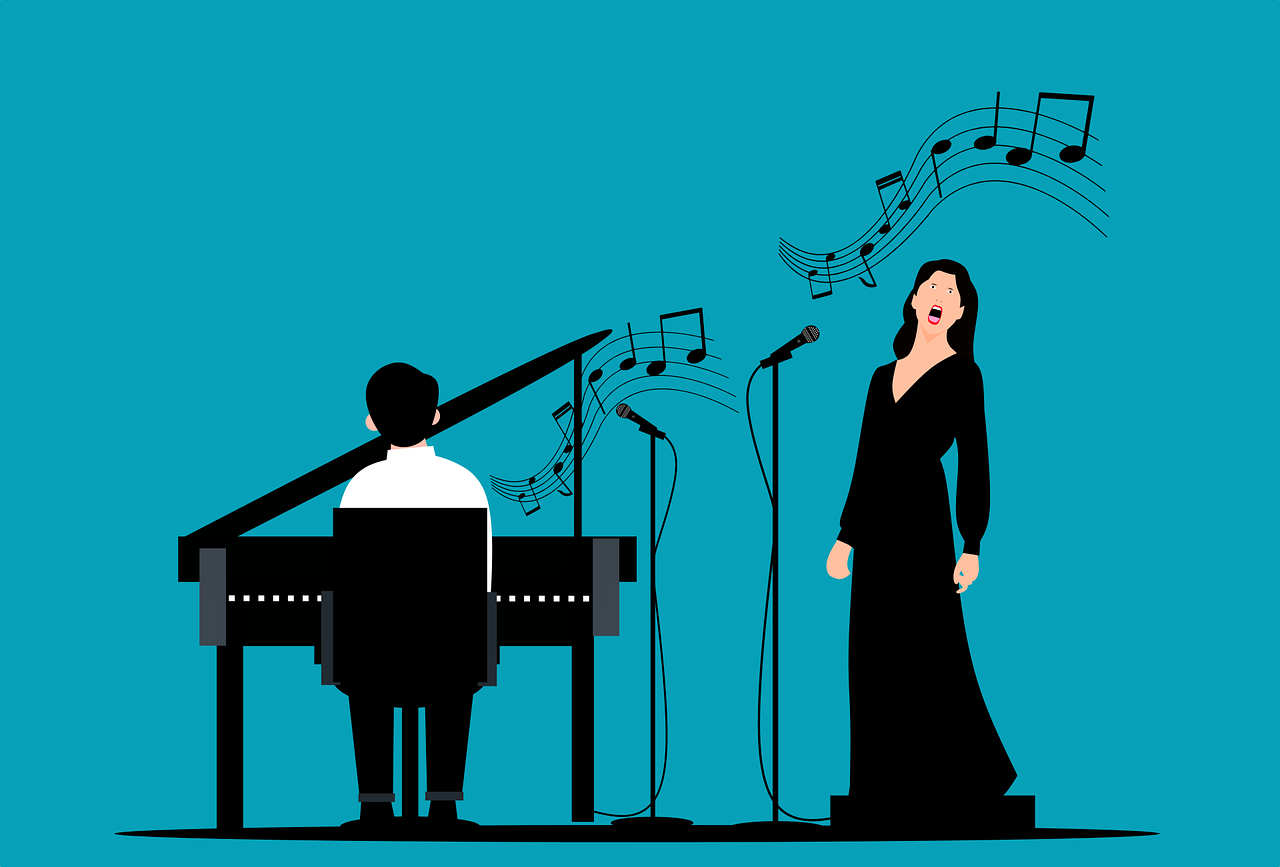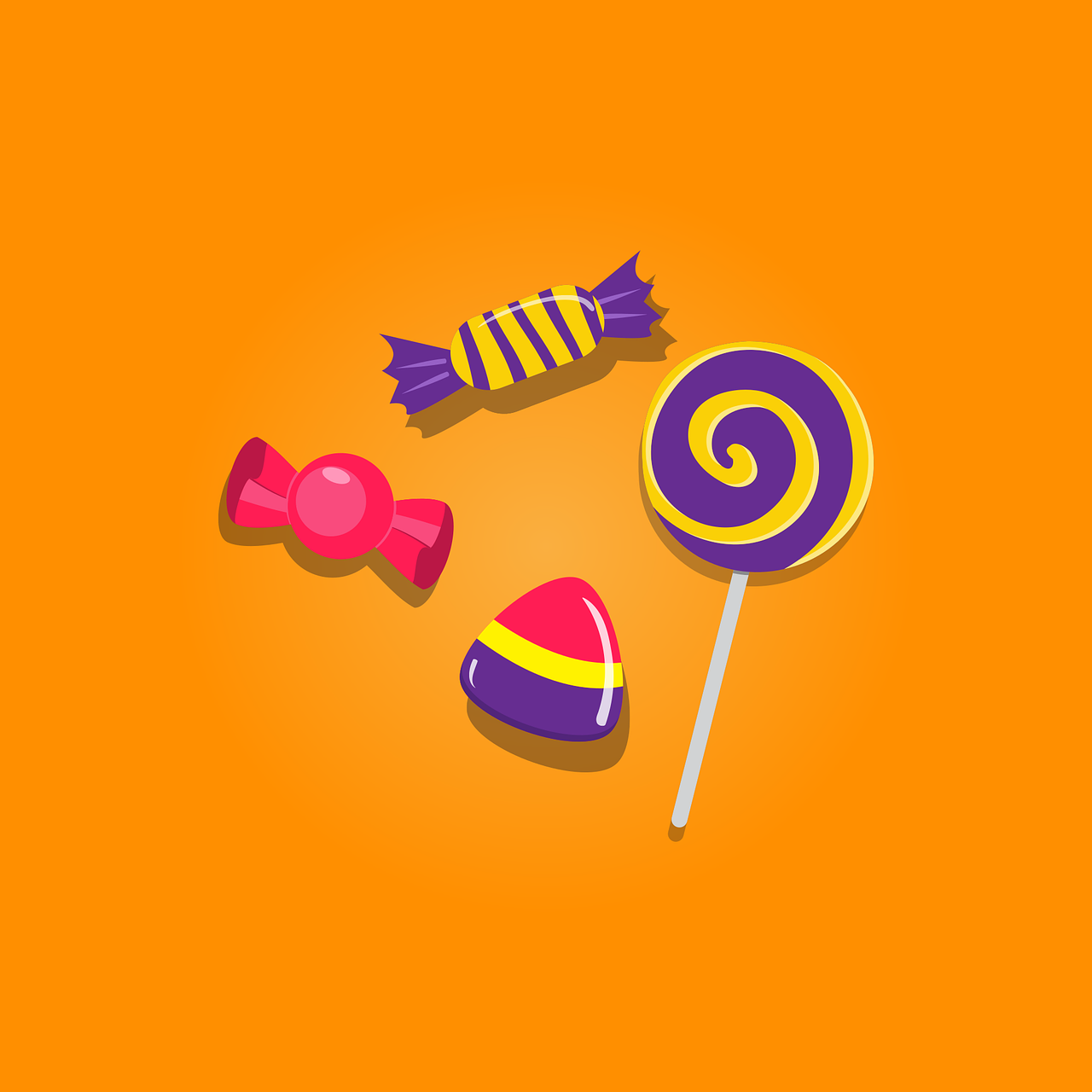Part A Self-Introduction
自己紹介をしよう

A_1
Let’s introduce ourselves to each other.
My name is ________. What is your name?
A_2
My name is ________. Nice to meet you.


A_3
Nice to meet you too, ________. How are you today?
A_4
| Answer: |


A_5
I see. Let’s begin our lesson!
Part B Vocabulary
単語を確認しよう

B_1
We’ll read aloud the words below. Please repeat after me. I will check your pronunciation.
(Please send the mispronounced words and expressions to your student.)
講師の真似をして単語を発音しましょう。
B_2
 |
album
アルバム
|
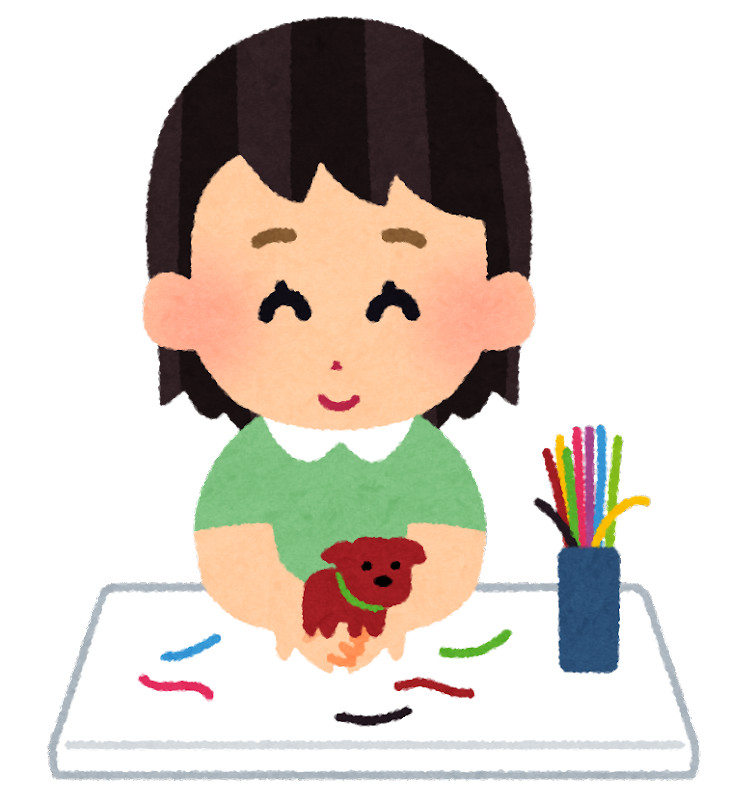 |
make
作る
|
 |
keep in touch
連絡を取り合う
|
 |
visit
訪れる、行く
|
|
|


B_3
Great job!
Part C Learn Key Phrases
キーフレーズを確認しよう

C_1
We will read aloud the sentences below. I will check your pronunciation and intonation.
(Please send the mispronounced words and expressions to your student.)
講師の真似をして文章を読みましょう。
C_2
| 1. | This is a good song, isn’t it? |
| 2. | Brad talked to you, didn’t he? |
| 3. | We can do it, can’t we? |
| 4. | You have met your friends in elementary school, haven’t you? |


C_3
Fantastic!
Part D Dialogue Practice
会話文を読んでみよう

D_1
We’ll read aloud the dialogue below. I will check your pronunciation and intonation.
(Please send the mispronounced words and expressions that need improvement to your student.)
会話文を読みましょう。

D_2
|
TUTOR:
|
Ben, I made this album for you. It has pictures from our school trip and fun times in class. You’ll keep it, won’t you? |
|
STUDENT:
|
Wow, thank you, Mika! This is really special. You made it all by yourself, didn’t you? |
|
TUTOR:
|
Yes, I did. I wanted you to have something to remember me by. Let’s keep in touch, shall we? |
|
STUDENT:
|
Of course we will! You’re going back next week, aren’t you? |
|
TUTOR:
|
Yes. I’ll miss everyone. But I hope you can visit my country someday. Write to me, will you? |
|
STUDENT:
|
I will! And when I visit, I hope you can show me around. |


D_3
Now, let’s switch roles.
(Please send the mispronounced words and expressions that need improvement to your student.)
役割を交代しましょう。

D_4
|
STUDENT:
|
Ben, I made this album for you. It has pictures from our school trip and fun times in class. You’ll keep it, won’t you? |
|
TUTOR:
|
Wow, thank you, Mika! This is really special. You made it all by yourself, didn’t you? |
|
STUDENT:
|
Yes, I did. I wanted you to have something to remember me by. Let’s keep in touch, shall we? |
|
TUTOR:
|
Of course we will! You’re going back next week, aren’t you? |
|
STUDENT:
|
Yes. I’ll miss everyone. But I hope you can visit my country someday. Write to me, will you? |
|
TUTOR:
|
I will! And when I visit, I hope you can show me around. |


D_5
You did a great job reading the dialogue!
Part E Answer Questions
質問に答えてみよう

E_1
Now, you will answer the questions below using the grammar topics you learned. I will check if your sentences are complete and if the grammar is correct.
(Please send the sentences that need grammar corrections to your student.)
講師が質問をしますので、習った文法を使って答えましょう。
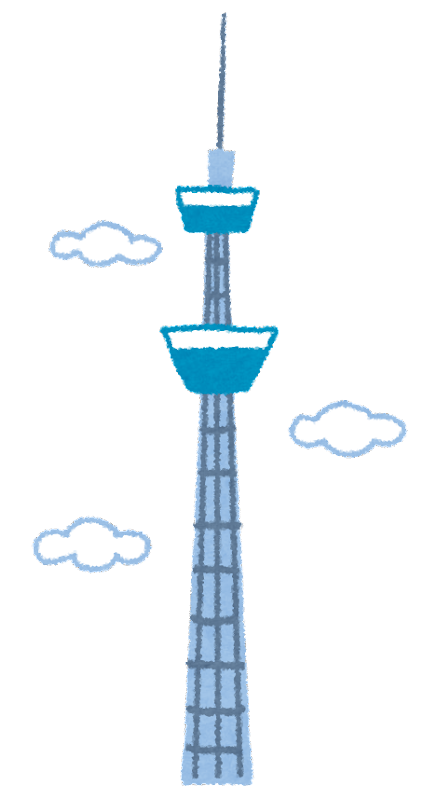

E_2
| 1. | You are Japanese, aren’t you? |
E_3
| Yes/No, I (am/am not). I’m ________________. |


E_4
| 2. | You are not Italian, are you? |
E_5
| Yes/No, I (am/am not). I’m ________________. |


E_6
| 3. | You have finished your homework, haven’t you? |
E_7
| Yes/No, I (have/haven’t). I (have finished/haven’t finished) my homework. |


E_8
| 4. | Osaka isn’t the capital city of Japan, is it? |
E_9
| Yes/No, (it is/it’s not). __________ is the capital city of Japan. |


E_10
| 5. | There are a lot of people in Tokyo, aren’t there? |
E_11
| Yes/No, there (are/are not). There (are/aren’t) a lot of people in Tokyo. |


E_12
| 6. | Do you know what your parents are doing now? What are they doing? |
E_13
| Answer: |


E_14
Great job answering questions!
Part F Ask Questions
質問してみよう

F_1
Now, you will ask me questions. I will check if your sentences are complete and if the grammar is correct.
(Please send the sentences that need grammar corrections to your student.)
今度は、あなたが講師に質問します。習った文法を使って文を作りましょう。
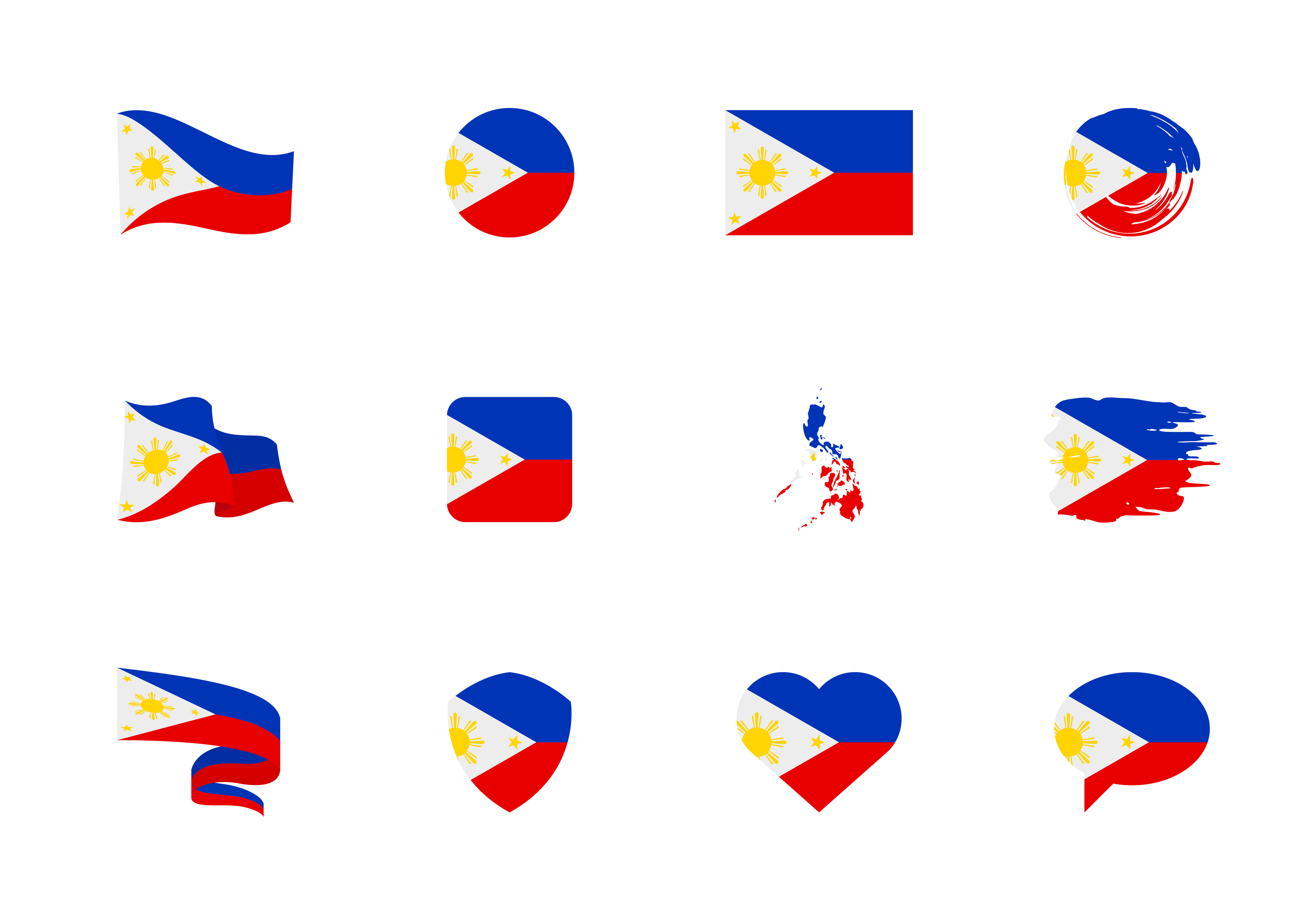
F_2
| 1. | You are Filipino, ______ you? |
ヒント:Filipino フィリピン人


F_3
| Yes/No, I (am/am not). I’m _____________. |
F_4
| 2. | You _____ like spicy food, do you? |


F_5
| Yes/No, I _______. I _________ spicy food. |
F_6
| 3. | You are not French, _____ you? |


F_7
| Yes/No, I _________. I (am/am not) French. |
F_8
| 4. | You have to work tomorrow, ______ you? |


F_9
| Yes/No, I _______. I (have to/don’t have to) work tomorrow. |
F_10
| 5. | Manila ___ the capital city of the Philippines, isn’t it? |


F_11
| Yes/No, (it is/it isn’t). Manila (is/is not) the capital city of the Philippines. |
F_12
| 6. | Do you know ____ your family is doing today? What are they doing? |


F_13
| Yes/No, I (know/don’t know) what my family is doing today. They are ______________. |

F_14
Great job asking questions!
Part G Free Talk

G_1
Let’s have a conversation about the following topics.
(If there is still time left, please chat with the student.)
フリートークをしましょう。


G_2
|
You want to visit foreign countries, don’t you? If yes, what country do you want to visit? Why? What do you want to do there? If no, is there anywhere you want to go? Where is it? What do you want to do there? |
G_3
| Answer: |


G_4
|
What are your plans for the weekend? Are you going to go anywhere? |
G_5
| Answer: |






